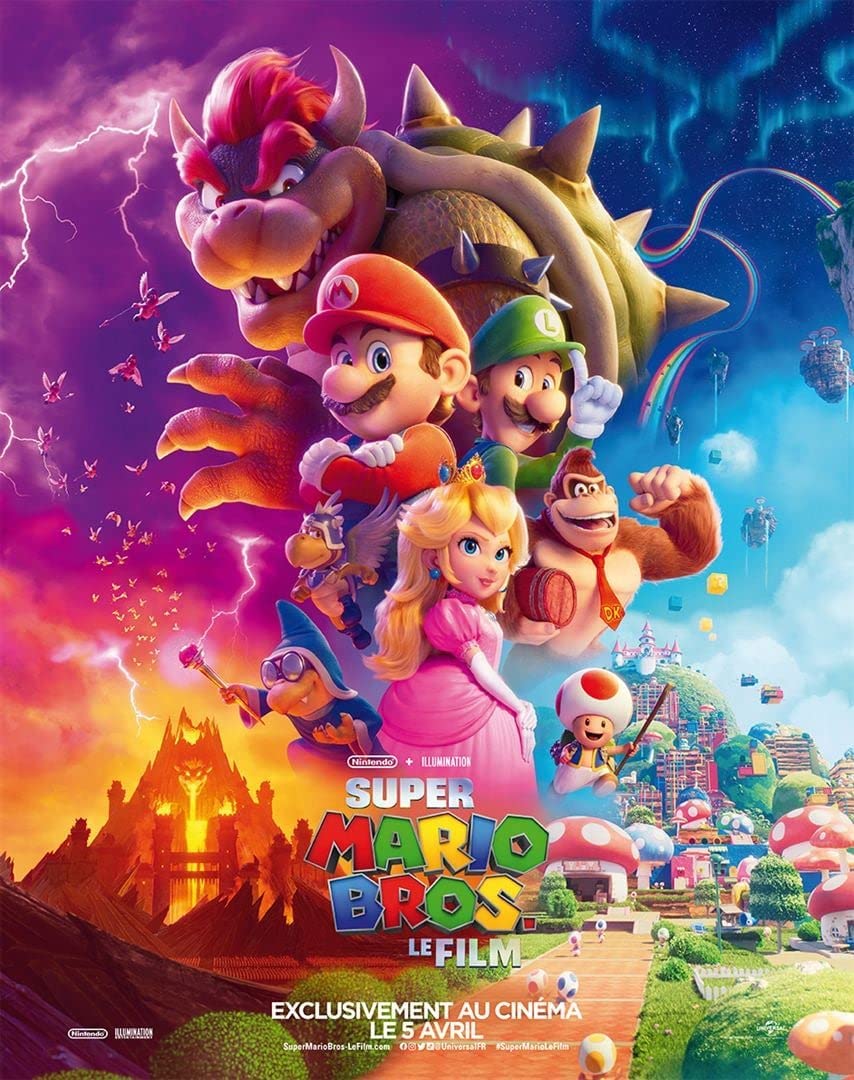Blue Sky Studios, known for the Ice Age saga, are back with their new production: Ferdinand. Carlos Saldanha, the studio's lead director, is back behind the camera for this story of a bull who refuses to participate in bullfights.
A rhythmic work that plays with emotions
Carlos Saldanha manages to find the recipe that made bad luck for The Ice Age: a mixture of rhythmic comedy and emotions. The filmmaker manages to present on screen a whole range of emotions, between a comic often well felt thanks to strong secondary characters, including hedgehogs, and a powerful emotion in the relationship created between Man and animal. Carlos Saldanha manages to draw from his elders and recover the passion of Dreamworks as well as the emotion of Pixar. Thus, these hedgehogs are reminiscent of the penguins of Madagascar and the little girl is more reminiscent of the heritage of Pixar and its children always very close to nature.

Emotionality works from the beginning, in this dramatic melody that is reminiscent of Okja. A little girl, befriended by a bull, whose destiny is either to die in the arena or to die in the slaughterhouse. The subject is similar to Joon-Ho Bong's film, particularly on the relationship to meat consumption. The filmmaker wants to confront his audience with the animal and relate it to his way of consuming. The second part, more classic, is closer to the escape of the company of Alex and his friends in Madagascar.
A film with an important social subject
For the change of scenery, Ferdinand recalls the recent Coco and its Hispanic culture. And if Coco's momentum is positive, the Pixar film seeking to promote a little-known and poetic religious culture, Ferdinand wants to confront the new generation with bullfighting. He wants to confront the public eye with this barbaric tradition, which is only just beginning to be challenged.Without undermining the goodwill of the people, the Brazilian filmmaker seeks to reconcile man and animal, particularly in his final sequence in which the bullfight takes on another identity, that of mutual aid and respect for life.

The other big topic of the film is meat consumption. Carlos Saldanha seeks to glimpse an alternative, another way of consuming without proposing a solution. The filmmaker humanizes his bulls and other animals without falling into the incisive. Ferdinand remains a production for children, punctuated by a usual politically correct happy ending. Thus, the film wants to confront its viewer with meat consumption and bullfighting without ever proposing a solution except to isolate himself on a farm and grow flowers. Perhaps this is Ferdinand's limit: his naivety.
Relatively classic in its treatment and in its subject, Ferdinand nevertheless works. Funny, touching, with endearing characters and some memorable sequences, the film captures the attention of its viewer and offers a humanistic and intellectual subject to its young audience. The animal condition and the way of feeding are at the heart of this film that begins in the manner of Okja and ends in the footsteps of Madagascar.





































